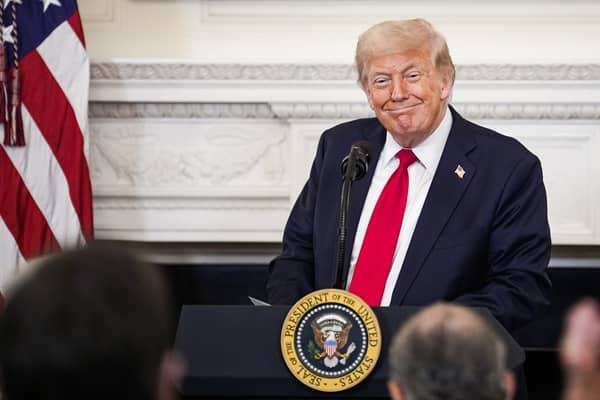
"The October 2025 Gaza peace deal triggered a swift repricing of geopolitical risk across global assets. With fears of a wider regional conflict fading, traders quickly reconsidered the war premium that had supported oil prices, although tensions in Eastern Europe could remain a source of concern. Crude prices could come under pressure, with the market focusing on fundamentals such as global demand and rising production levels, in addition to the US-China trade tensions risks."
"In the near term, this shift could cap potential rallies and suggest more downside risks. Gold's appeal as a safe-haven asset could also see a cooldown to a certain extent, as the de-escalation could reduce flows into the metal. The narrative for gold could now focus on its role as a macroeconomic hedge, driven by declining yields and Federal Reserve policy, in addition to the risks tied to the US government shutdown."
The Gaza peace deal prompted rapid revaluation of geopolitical risk across global markets, easing war-risk premia that had supported oil prices. Crude faces downside pressure as traders refocus on fundamentals like weakening global demand and rising production, alongside US-China trade tensions. Safe-haven flows into gold may cool, shifting its narrative toward a macroeconomic hedge influenced by declining yields, Federal Reserve policy, and US government shutdown risks. GCC equities reacted cautiously, with medium-term gains contingent on a realized peace dividend that would compress regional risk premia, attract foreign capital, and accelerate normalization-linked projects.
Read at London Business News | Londonlovesbusiness.com
Unable to calculate read time
Collection
[
|
...
]